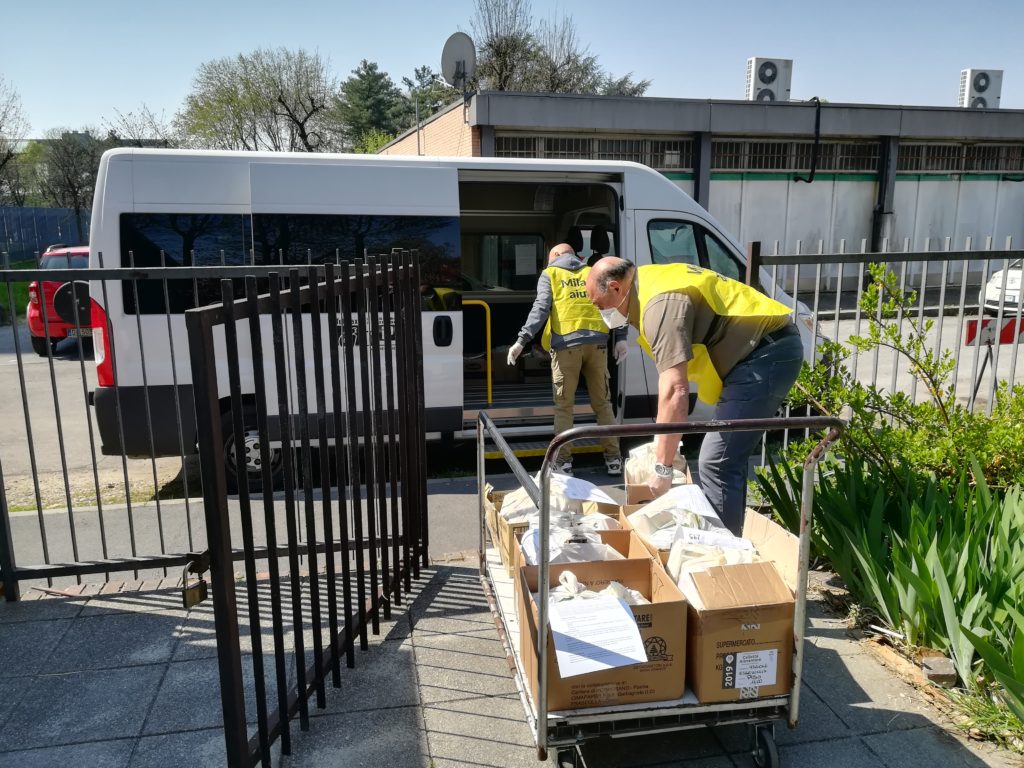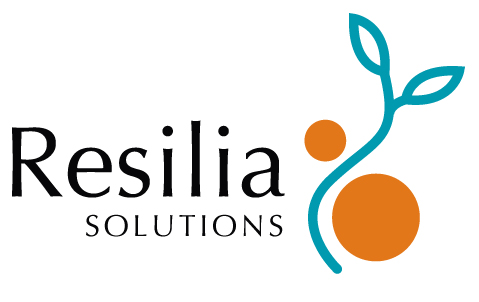
Cities have shown how agile they can be in addressing increased needs of their local population in terms of access to (healthy) food. As the economic crisis unfolds and hits the most vulnerable first, it is important to think about what cities can do to sustain and transfer such good practices and what support they need at national and European level.
Continue reading“The idea behind all initiatives is not to leave anybody behind during the Covid-19 crisis.” Josep Monras i Galindo, Mayor, Mollet de Vallès (Spain)



